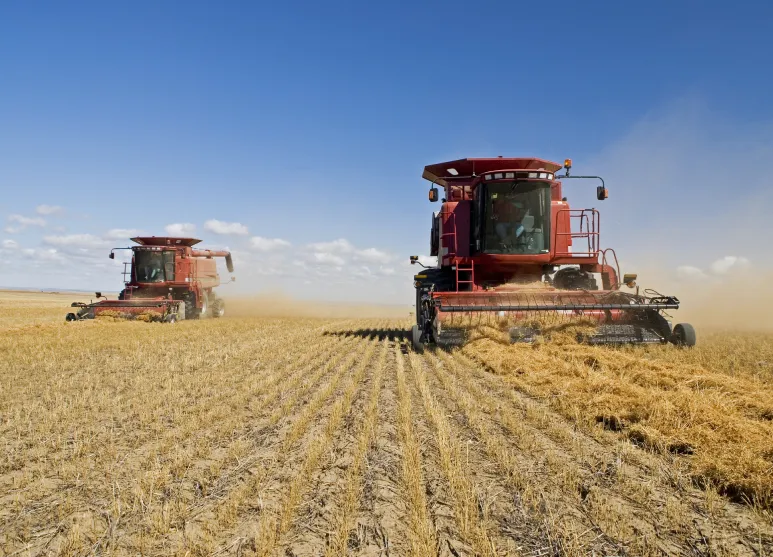
Canada’s agri-food industry—which includes all the enterprises that produce, sell, and deliver food—is one of Canada’s most important economic sectors. At the same time, the value of food lost or wasted every year in Canada is estimated to be worth $49 billion.
Circular economy principles applied to Canada’s agri-food system can help to address the food loss and waste issue while generating multiple co-benefits, including enhancing food security and the resiliency of supply chains; creating new economic, investment, and employment opportunities; reducing pollution and greenhouse gas (GHG) emissions; improving nutrient cycling and restored biodiversity; and providing greater equity and related social benefits.
While various circular food related efforts and initiatives are underway across Canada, existing efforts are fragmented, often by sector as well as geography. The Circular Food Systems work stream will engage a broad set of stakeholders across the entire value chain and agri-food ecosystem in Canada, resulting in an accelerated transition to a circular food system through coordinated and collective action.
The Circular Food Systems work stream goes beyond the focus on food waste to encompass the entire agri-food ecosystem in Canada, linking existing efforts together and going deeper on emerging topics that require further research and investigation. Working in collaboration with the Canadian Alliance for Net-Zero Agrifood (CANZA) and others, it is working to identify circular food economy opportunities within Canada that are place-based, allowing communities large and small, urban and rural, and from coast to coast to coast, to connect in alignment with their food and place-based identities.
There is no doubt that a rapid transition towards the circular economy is one of Canada’s best solutions for addressing…
The circular food economy is about creating new connections - between farmers, processors, restaurants, consumers, public institutions and others to…





Join our mailing list